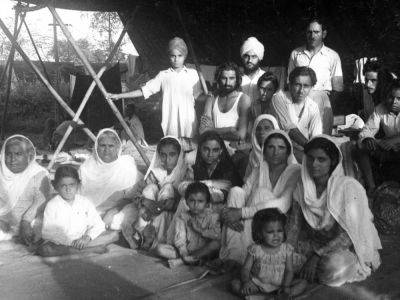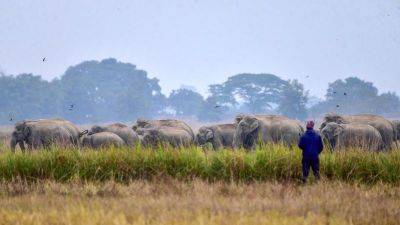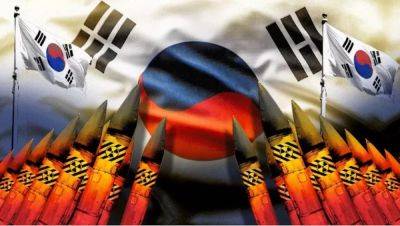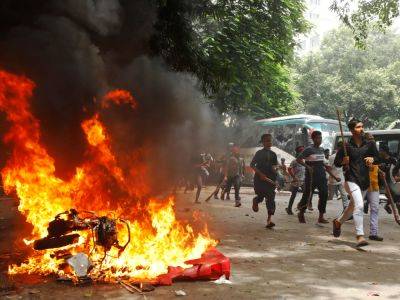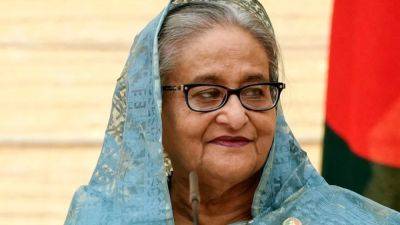How a Sugar Industry Stamp of Approval Hid Coerced Hysterectomies
Bags of sugar that leave the Dalmia Bharat Sugar mill in the western Indian city of Kolhapur come with an industry guarantee: It was harvested humanely, in fields free of child labor, debt bondage and abuse.
None of that is true.
The mill is certified by a group called Bonsucro, which sets the industry standard for sugar production. Brands including Coca-Cola, PepsiCo, Unilever and General Mills use the Bonsucro name to reassure customers that their supply chains demonstrate “respect for human rights,” even in places where abuses are widespread, like the region around the Dalmia mill.
But a New York Times investigation found that Bonsucro’s inspections were all but guaranteed not to find problems. Internal documents and interviews with sugar mill executives, experts and Bonsucro contractors show that mills retain tremendous control over what auditors see and whom they can talk to. The audits are carried out hurriedly — from the mill to the farms in a matter of days — and the details are kept secret, which prevents public second-guessing.
Even the auditor who said she inspected the Dalmia mill said turning up problems was extremely rare.
“I’ve been auditing for the last two years, and I have not found any violations,” said Swapnali Hirve, a contract Bonsucro auditor who said she also inspected a mill owned by NSL Sugars. Both mills are in the state of Maharashtra.
But women who cut sugar cane that ends up in these mills work in brutal conditions. In interviews, they told us that they were pushed into underage marriages so that they could cut sugar with their husbands. They were locked into years of debt by sugar mill contractors. Some, like thousands of other working-age women in this region, said they felt pressured to


